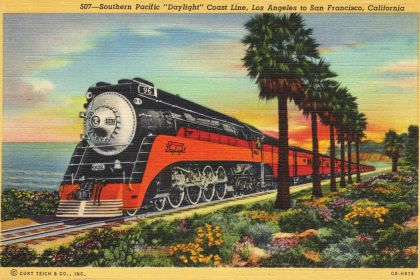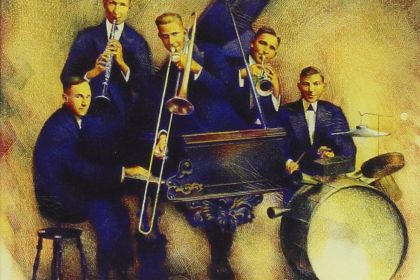Big band
Great Depression cut short the extraordinary dance life of McKinney’s Cotton Pickers
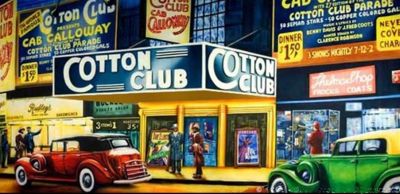
The Cotton Club, New York City
Since the very start of the prohibition during the Roaring Twenties, many Americans sought refuge in entertainment clubs that hosted jazz bands. Harlem’s Cotton Club was one of those famous venues where audience gathered to dance and illicitly drink.
Among the many seminal figures of the jazz and blues scene who performed at the Cotton Club, bandleader Duke Ellington was perhaps the most closely associated with the venue. McKinney’s Cotton Pickers, another great orchestra that performed there and also toured throughout America, was one of the most popular dance bands of the decade.
McKinney’s Cotton Pickers were voted the second-most popular jazz dance band in the country, which was determined in a nationwide poll by The Pittsburgh Courier in 1931. As Ellington himself recalled:
“That bunch… made a gang of musical history, and their recordings had everybody talking about them.”
Formed in 1921 by drummer and World War I veteran William McKinney as the Synco Band, the ensemble soon became the most popular band touring Indiana, Kentucky, Michigan, Virginia, and West Virginia. In 1927 the band inadvertently got itself a nickname McKinney’s Cotton Pickers when they performed in Detroit’s Ballrooms and spring-supported dance floors.
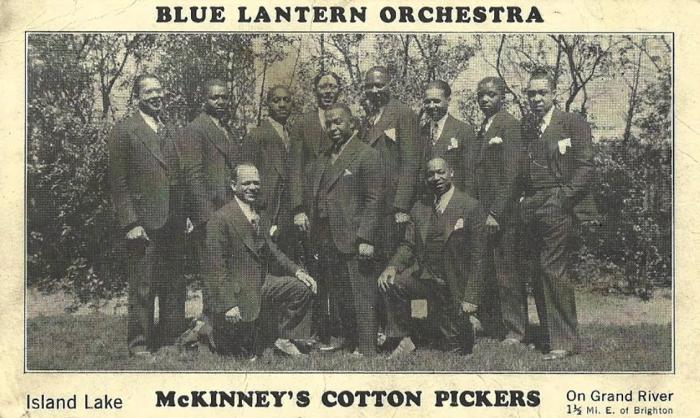
In the same year, the band signed conservatory-trained arranger Don Redman who brought the ensemble its greatest period of commercial acclaim and built the Cotton Pickers’ band book (collection of arrangements) into one of the finest in the country.
In 1928, the Cotton Pickers acquired they first recording contract with RCA/Victor. The drummer Cuba Austin recounted how the band boarded a train for its Chicago recording session:
“The boys were wild with excitement about recording, and on the train to Chicago for (our) first date there was a lot of drinking, laughing, talking, and everybody was in great spirits.”
However, in the studio, the band’s timekeeping practice of foot-tapping created a huge problem for recording engineers who worked to cancel out the noise. To resolve the problem, the engineers decided to place pillows under the feet of the musicians.
Listen to I Found a New Baby by McKinney's Cotton Pickers:
Due to the severe economic impact of the Great Depression, the band had to leave Detroit—which was in the state of industrial collapse—in favor of Los Angeles where the film industry cultivated support for a number of bustling nightclubs. However, low wages, poor management, and long hours of travel began to take their toll. The banjoist Dave Wilborn recounted:
“There isn’t anything that can ruin a band quicker than a booker who keeps jumping it all over the country for one-nighters. We were all so tired of this endless traveling. Right there the boys voted to break up the band.”
Following the end of that final difficult tour, the arranger Don Redman left to form his own unit. Lacking a capable arranger, the band performed with numerous guest musicians until its official breakup in 1934.
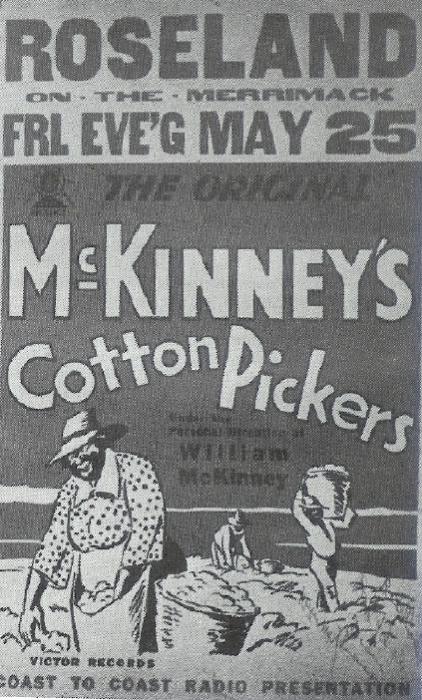
Throughout the decade, William McKinney periodically resurrected the Cotton Pickers in the form of guest bands, which he booked under the Cotton Pickers name. After 1941 McKinney left the industry and took a job at Ford Motor Company’s River Rouge plant.
Different formations of McKinney’s Cotton Pickers included Cuba Austin, Benny Carter, Adolphus “Doc” Cheatam, Ed Cuffee, Langston Curl, Roy Eldridge, Wardell Gray, Edward Inge, Quentin Jackson, Claude Jones, Buddy Lee, John Nesbitt, Don Redman, Todd Rhodes, Prince Robinson, Milton Senior, Joe Smith, Rex Stewart, George “Fathead” Thomas, Dave Wilborn and others.

